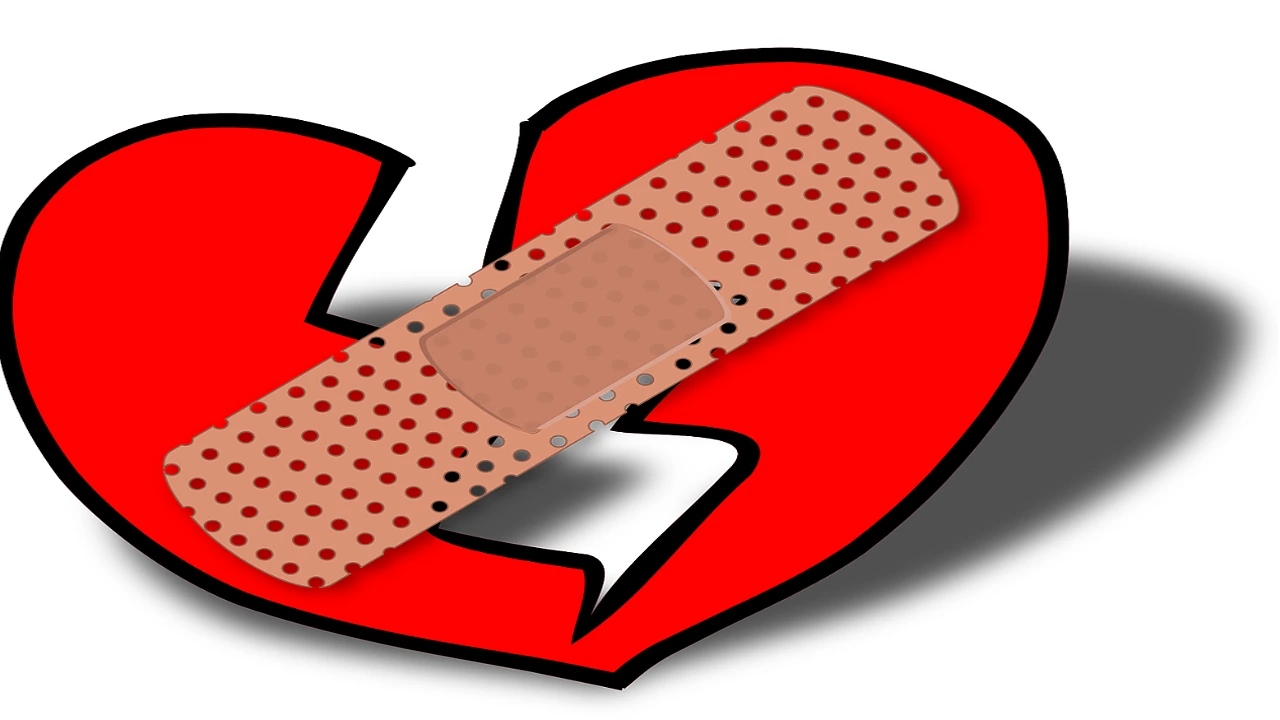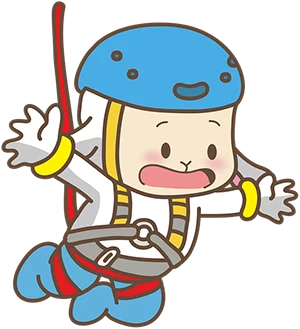
"Real knowledge is to know the extent of one's ignorance."
Confucius (551 BC – 479 BC) was a Chinese teacher, politician, and philosopher. By Simran Khurana (Updated March 18, 2017)
This brief article is designed to offer chronic patients hope for a way forward. It is critical for recovery to move quickly to the "acceptance" stage of the disease and overcome the denial, anger, and depression that accompany long-term illnesses. Leisure is essential for enhancing one's lifestyle and nutrition, which can be challenging in the modern era. Link: Overcoming mental barriers toward a healthy lifestyle and diet.
Chronic patients are often in grief, a similar situation to prolonged mourning.
Most chronic diseases and addiction-related illnesses require significant lifestyle and dietary changes. These changes require perseverance, willpower, and the sacrifice of old habits. The main barriers are denial, anger, and depression. Recovery is always achievable, even from severe, long-term chronic diseases, including addiction-related illnesses.
The Kübler-Ross Model- Introduction.
Link: The Kübler-Ross model. Otherwise known as the five stages of grief. (Wikipedia)
Kübler-Ross's psychological model also applies to patients who do not face a life-threatening condition. (This is the majority of patients.)
The five stages are Denial, Anger, Bargaining (applicable in life-threatening situations), Depression, and Acceptance.
- Initially, the Kübler-Ross model was only concerned with the stages of death and dying. Kübler-Ross's model was expanded to encompass all types of personal loss. There is no doubt that long-term chronic disease has properties of grief and loss.
- From my experience, what prevents making lifestyle changes is denial, anger, and depression.
- Reaching acceptance as quickly as possible is essential for elevating the spirit and gaining energy. Real hope would give anyone the strength to undergo all the necessary treatments and endure the accompanying pain and suffering.
Bargaining is reserved mainly for life-threatening situations, but complaints to the Creator about the terrible disease that struck are recurring. Along with the depression, there is often also a dialogue with the Creator, "Why did this happen to me?" Regardless of one's religion or belief, most of us are seeking justice.
The five stages of grief.
Denial, anger, and depression are common barriers that most chronic patients and many addicts face.
Reaching the final "acceptance" stage is critical to zone out the energies required to continue the recovery process.
- Applying this model to understand its various stages is essential to initiating recovery.
- I highly recommend that patients, their families, and close friends watch relevant and unusual recovery stories that seem impossible on YouTube. You will find one common denominator for all—hope, the belief that any acquired disease can be cured, and the internalization that being proactive is critical. (A Passive strategy usually cannot lead to recovery from chronic diseases.)
The human body is designed for recovery, even from the most impossible situations.
- Many times over the years, I have thought it would have been better to die; the suffering was unbearable, and my body was rotting without liver function. The turning point began when I found love in unimaginable conditions.
- It took me six years to figure out how to deal with my severe chronic liver disease, another eight years to recover, and a total of 14 years of unimaginable suffering.
My personal experience with the Kübler-Ross model stages.
It took me several years to realize I was fighting for survival. I dedicated 18 excruciating years (intermittently in China) to unbearable pain, injections, transfusions, acupunctures, coffee enemas, liver flushes, thousands of naturally squeezed juice cups, and various treatments. However, I eventually managed to survive and recover.
When I was in danger of death, I did not bargain because I did not know then that I was on the verge of death. Bargaining with me started after the acceptance phase regarding the length of recovery time, which was particularly long and challenging, but it was already clear that I was recovering.
- I had a long denial period (years) followed by anger and long-term depression. I witnessed all five stages described in the Kübler-Ross model.
- Hope and acceptance gave me the strength to endure endless pain, solitude, crazy discipline, years of treatment, humiliation, and suffering when I realized hope.
- Most chronic disease patients and addicts undergo these stages for different lengths of time.
It is essential to accept that to improve one's quality of life. One may need to sacrifice old habits. The benefits are worth it.
Relaxation and free time are critical in recovery from chronic diseases.
Recovery processes are time-consuming. It requires investigation, adaptation, a healthy diet, a balanced lifestyle, regular physical activity, detoxification, and personal and spiritual empowerment. Without leisure, it is not possible to recover from chronic diseases.
- Even if it seems that you are just quitting, the mind needs relaxation. Idleness is not a negative trait when taken in moderation.
- Physical and moral support from spouses, family, and friends is critical to success, especially in the early stages of change.
The mobile phone is often seen as the enemy of healthy living in the 21st century. We must all learn to use it to the bare minimum necessary. The use of social networks is meant to stimulate us to respond repeatedly.
The process of recovery from any chronic disease consists of 4 stages. (Parallel to the four stages of life):
Recovery from chronic illnesses and addictions often requires tremendous willpower and perseverance. Therefore, it is tough to recover from chronic diseases and addictions in modern culture, the instant culture.
Link: The 4 groups of long-term immunodeficiency illnesses.
- Internalization ⇒ Stimulation ⇒ The "acceptance" phase initiates recovery processes.
- Determination ⇒ Expansion ⇒ A stage that requires initial initiative and effort of adaptation.
- Willpower ⇒ Contraction ⇒ A stage where the exhausting effort causes the desire to retreat or stop!
- Perseverance ⇒ Relaxation ⇒ A stage where routine creates built-in discipline.
Perseverance is the phase with the highest chance of recovery. A routine, even if it is difficult, brings hope and relaxation.
Admiral McRaven Leaves the Audience SPEECHLESS | One of the Best Motivational Speeches.
It is one of the most inspiring speeches I have heard; it is not related to origin, religion, or occupation but only to the human spirit.
By complying with fundamental requirements (mental and physical), all chronic acquired (non-genetic) diseases are potentially curable.
The self-healing method combines body, mind, and spirit.
- Following Self-healing methods can be challenging mentally and physically, mainly because serving as a medical advisor requires discipline and self-confidence. However, self-healing functional medicine offers enormous benefits beyond curing diseases, primarily because it generates personal empowerment.
Typically, a healthy lifestyle and diet are essential for recovering from chronic diseases. Leisure is challenging in the modern world, where many tasks and immediate technological stimuli must be learned to learn. The ability to endure enormous suffering is unbelievable when acceptance and hope are combined. Stories concerning "miraculous" recoveries are always about hope and mental and spiritual strength combined. (qi enhancing)
Self-healing medicine is like Performing Miracles. Every human being has this ability—it just needs to be revealed.

Given the appropriate terms (mental & physical), all chronic acquired (non-genetic) diseases are curable! Recovery is always achievable, even from severe, long-term chronic diseases, including addiction-related illnesses.

